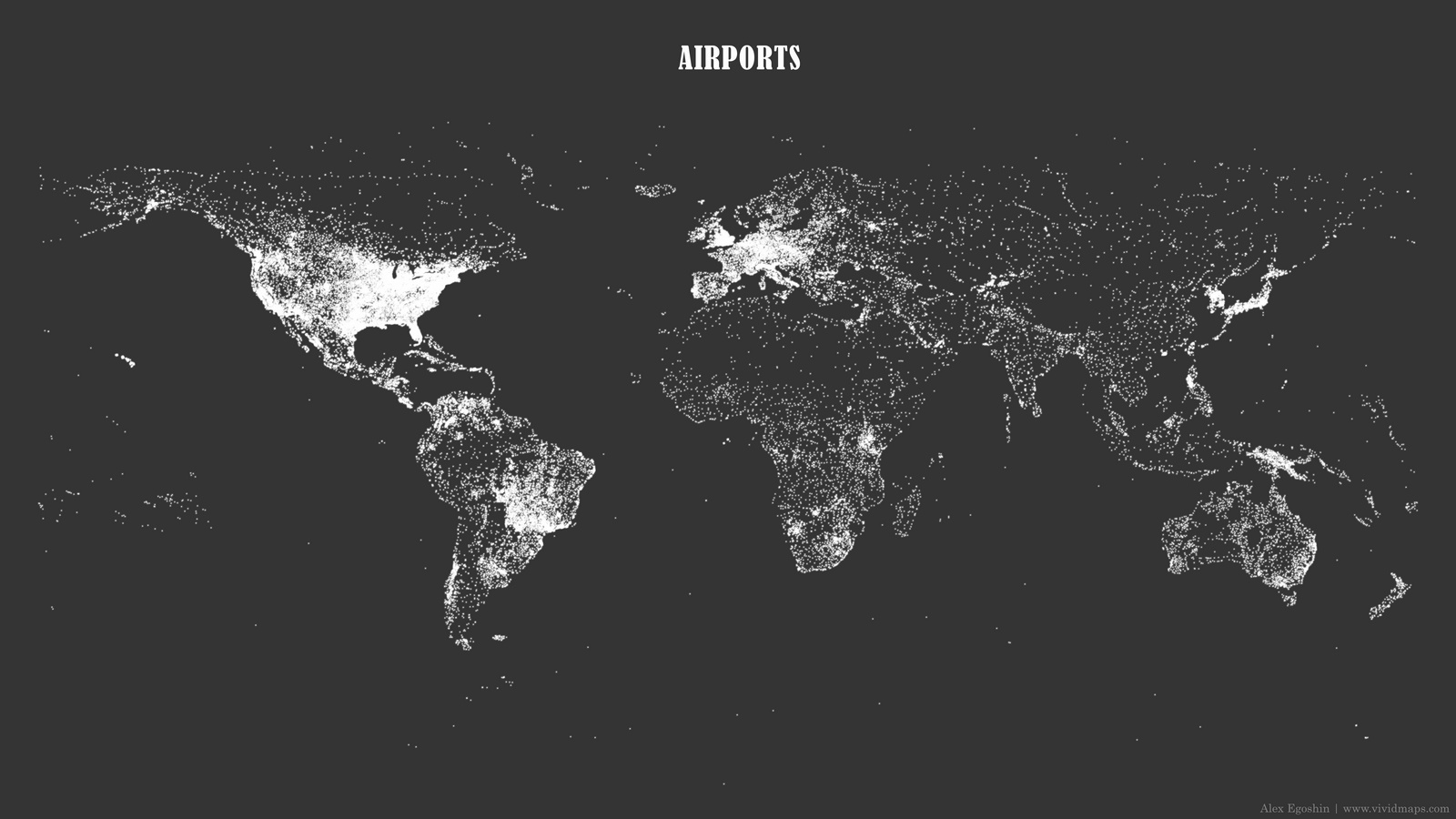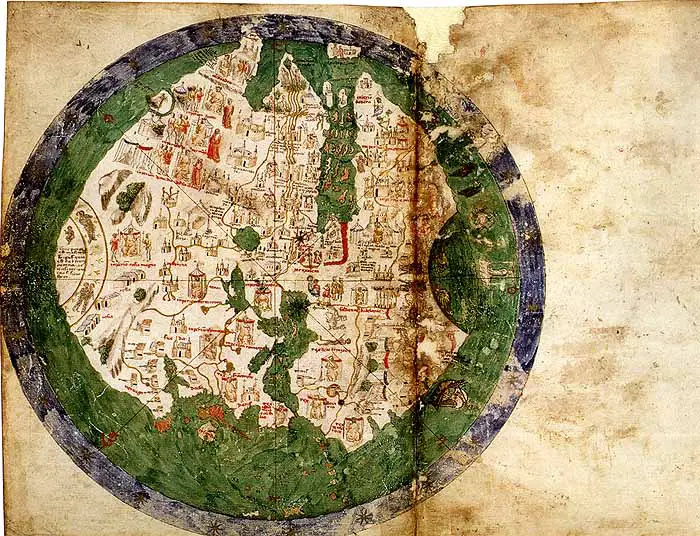Public transportation map of Tokyo
The public transportation network in Greater Tokyo includes rail and highway networks, airports, buses, walking, and bicycling. The transportation network makes the sprawling city easily accessible and provides the Japanese to commute to Tokyo from other prefectures.
Public transport within Greater Tokyo is the most expansive worldwide urban railway network (158 lines, 48 operators, about 4.8 thousand km of tracks, and 2,210 railway stations) of suburban trains and subways operated by various operators, with buses, trams, and monorails.
Regardless, because every operator operates only its own transportation network, the system is operated as a collection of rail networks rather than a single unit. Forty million commuters use the rail system daily (15 billion yearly) with the metro representing 22 percent of that figure with almost 9 million using it daily. Private cars and motorcycles play a secondary role in Tokyo’s transportation system.
Below is the public transportation map of Tokyo.

Metro
The Tokyo metro comprises nine lines operating 195.1 kilometers (121.2 miles) of the route with an average daily ridership of 6.84 million passengers, and operated by two companies:
- Tokyo Metro Co., with an average everyday ridership of 6.84 million commuters,
- Toei Subway, with 2.85 million average daily rides.
The first subway train commonly departs at 05:00, and the last train starts at midnight and ends its service by 00:45. Trains arrive at stations 3 to 6 minutes apart.
Trains
There are 5 types of trains in Tokyo:
- Local – stops at every station.
- Rapid – skip some stations (no price difference with local trains)
- Express – stops at even fewer stations than rapid trains (additional fee on the East Japan Railway Company Line)
- Limited Express – stops solely at significant stations (there is an additional basic fare between 500-4000 yen for the East Japan Railway Company Line
- Semi-Express – some train lines may have this type of train slightly more rapid than local trains.
Buses
Buses are handy for areas not reached by trains or far from the train stations.
Taxis
Taxis in Tokyo are pretty expensive. Once you enter the cab, the starting price is ¥430. It charges ¥410 for every kilometer after that.








